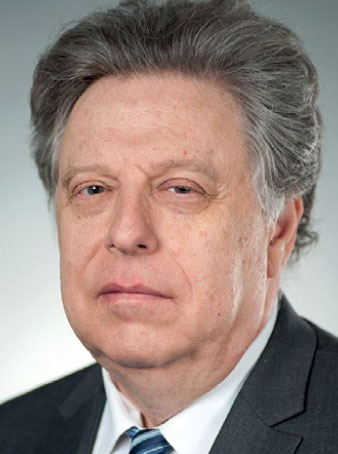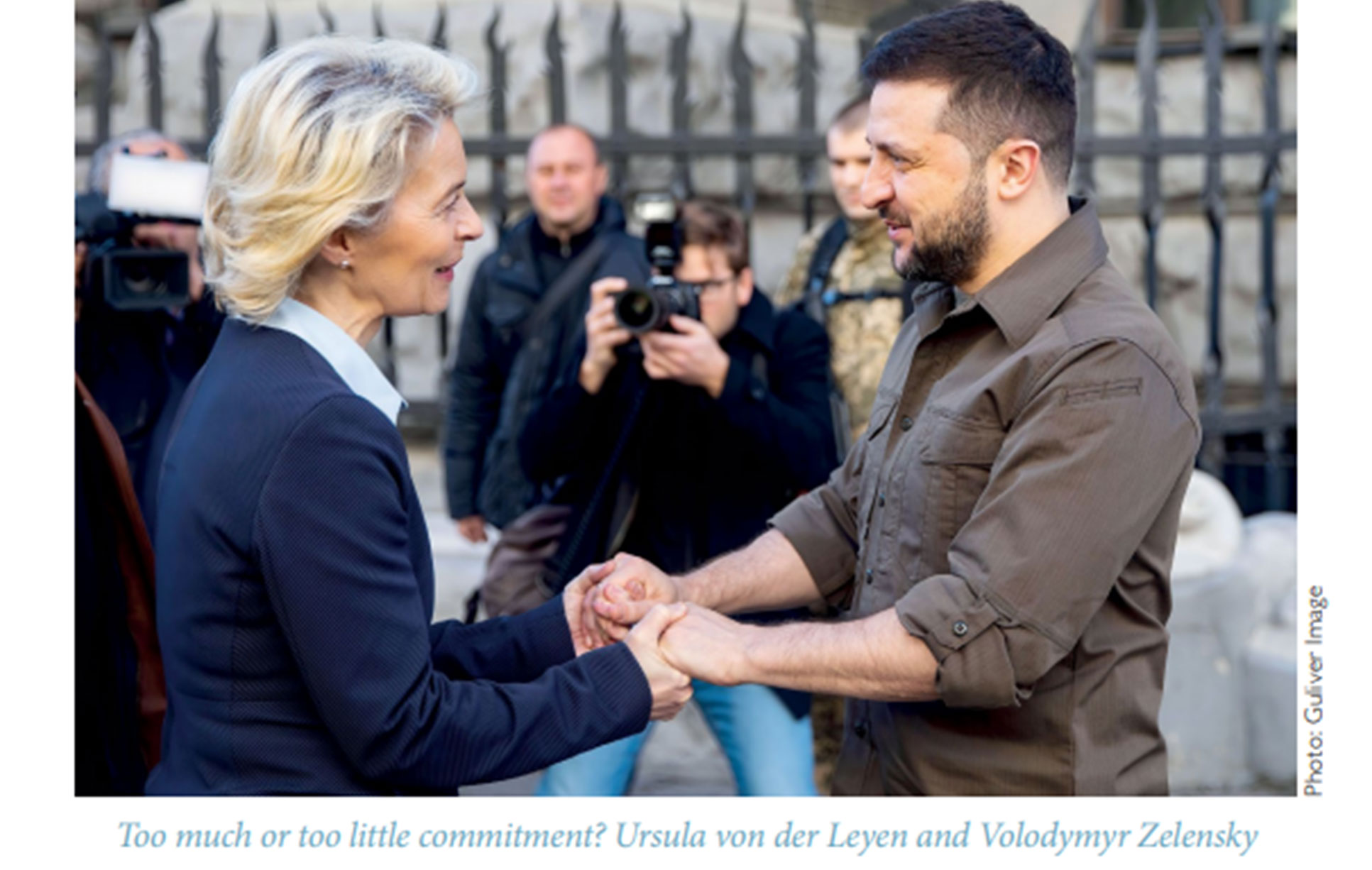 Professor Dr. István Gyarmati is President of the International Centre for Democratic Transition and a veteran of Hungarian diplomacy. He formerly served as chairman of the UN Secretary General’s Advisory Board on Disarmament Matters, member of the Board of the International Institute of Strategic Studies, and the NATO Defense College Foundation.
Professor Dr. István Gyarmati is President of the International Centre for Democratic Transition and a veteran of Hungarian diplomacy. He formerly served as chairman of the UN Secretary General’s Advisory Board on Disarmament Matters, member of the Board of the International Institute of Strategic Studies, and the NATO Defense College Foundation.
In 1991, Europe appeared to have become an island of peace and democracy in the world. American political scientist Francis Fukuyama predicted the end of history and we all—with the possible exception of Samuel Huntington and a few of his believers—wanted to believe that this was true. Even the dreadful events in Yugoslavia—which through a bloody process of dissolution displayed what a fall of the concept of the multiethnic, multicultural, and multireligious state could look like—did not shake this common conviction.

The first event that fundamentally changed this rosy picture was the terrorist attack on the World Trade Centre and the Pentagon on September 11th, 2001—followed by similar terrorist attacks in Madrid in 2004 and London in 2005. For the first time, we were forced to think what that really meant. Was it a one-time event, an exception to the rule that would not fatally question the victory of democracy, and undermine peace and stability in Europe? Or was this something else? As these events were followed by additional rounds of terrorist attacks that compelled the world to start fighting back, declaring “War on Terror,” it became clear that terrorism would stay with us for years to come and influence our lives around the world, including in Europe. We were forced to stand up against this danger, build up political resolve, and upgrade our capabilities—military or otherwise—in order to protect our societies and people against this threat. This was a legitimate political objective, for every state needs to be responsible for the security of its citizens and develop the necessary means to fulfil this goal. With the benefit of hindsight, we can now safely say that, while the danger was not overblown and the measures taken were unavoidable, we had made a number of serious mistakes.







